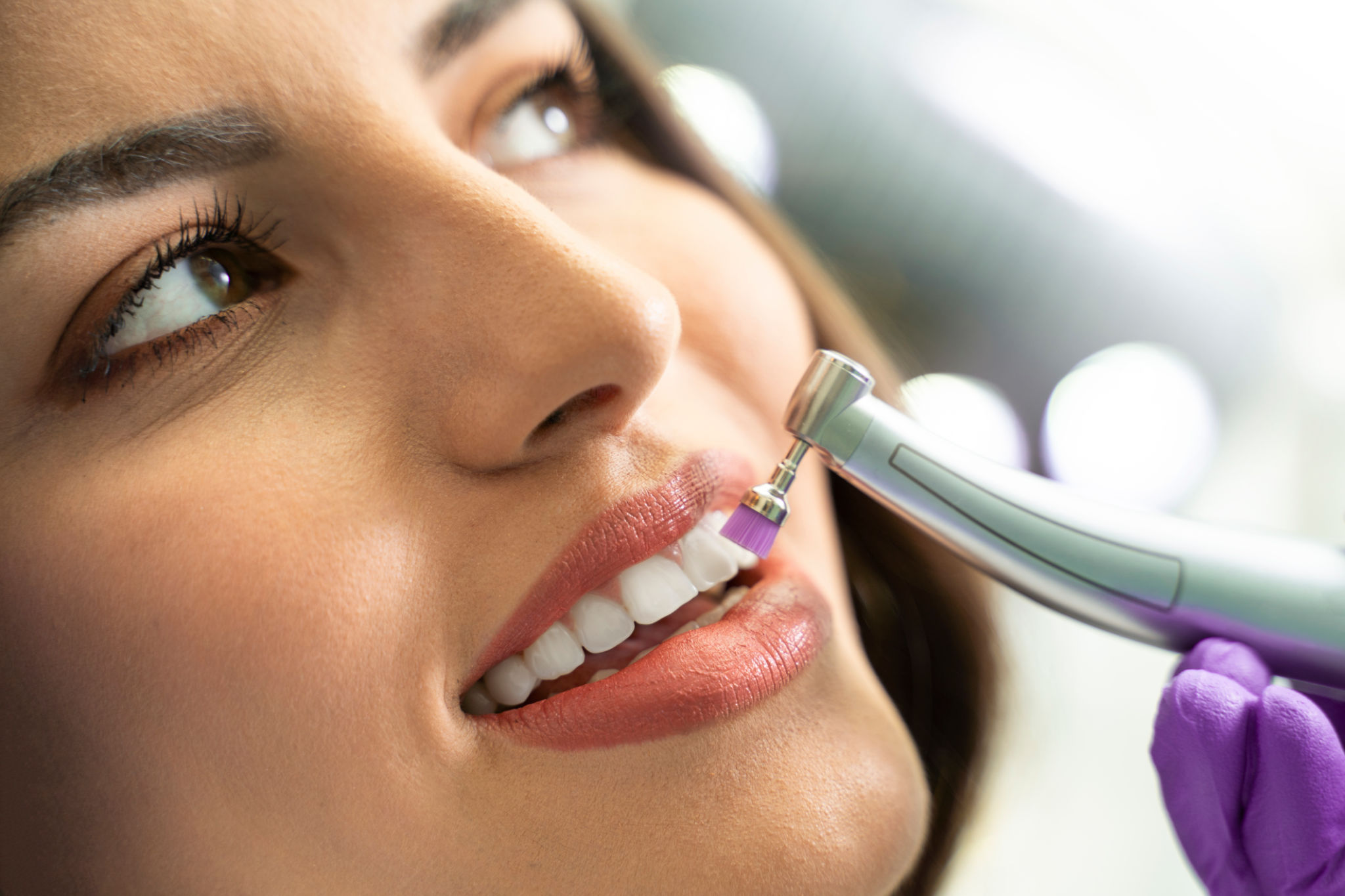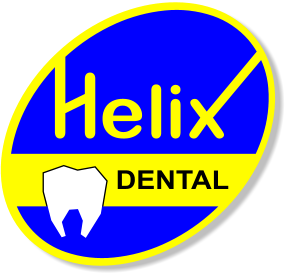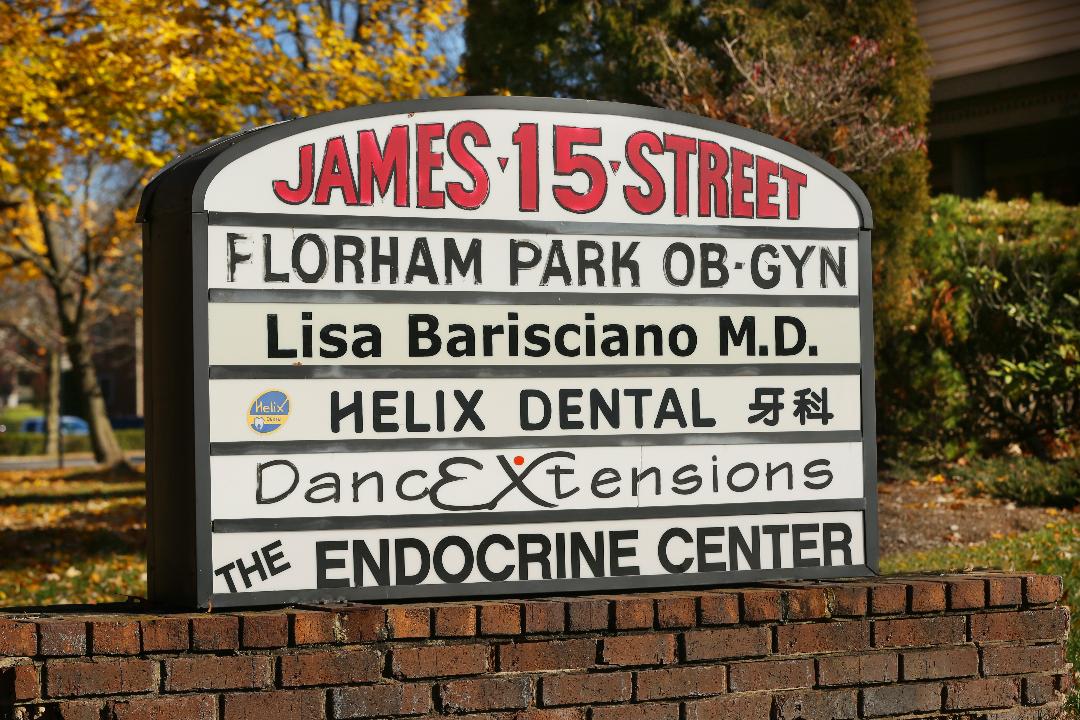
Dental cleaning is a preventive treatment performed to keep your teeth healthy. It removes plaque and tartar from your teeth and prevents dental problems like cavities and gum disease, which may lead to tooth extraction. After the treatment, your teeth are polished. Your dentist may also recommend fluoride treatment if you need extra protection against cavities.
What does a dental cleaning procedure involve?
During a dental cleaning, your hygienist will:
- Remove plaque and tartar from your teeth: Plaque is a thin biofilm that builds up on your teeth and contains bacteria and other microorganisms. If plaque isn’t removed, it can turn into tartar. Tartar is plaque that has hardened and calcified on your teeth.
- Polish your teeth: Polishing removes stains from your teeth and brightens your smile. Polishing also smooths out the surface of your teeth, which makes them easier to clean at home each day.
- Apply fluoride: Fluoride is a mineral that’s naturally found in water and soil. It strengthens your teeth and prevents tooth decay.
- Discuss your at-home oral hygiene routine: Your hygienist will review your brushing and flossing habits and offer suggestions for improvement.
How often should I get a dental cleaning?
Dental cleanings are recommended once every six months. However, if you suffer from gum disease, you may require cleaning more frequently. During your cleaning, we will remove plaque and tartar buildup from the surfaces of your teeth. This buildup can irritate the gums and lead to gum disease.
While there may be some mild discomfort during cleanings, anesthetics such as topical gels and injections will reduce or eliminate any pain. You’ll also be given anesthetic mouth rinses to prevent discomfort. Call us to learn more.
What habits should I avoid after getting a dental cleaning?
Once your dental cleaning is complete, it’s important to avoid indulging in the following habits for a few days. Your teeth and gums may be sensitive after a cleaning, so it’s best to avoid causing any additional discomfort.
- Eating hard or crunchy foods: A dental cleaning involves scaling and polishing to remove plaque and tartar from your teeth. The dentist or hygienist may have used an ultrasonic scaling tool or hand-held instrument to vibrate away built-up plaque and tartar. These tools can scrape away some enamel on your teeth, especially if too much pressure is used. Hard and crunchy foods can also cause your teeth to ache and irritate your gums. It’s best to avoid eating hard and crunchy foods immediately after your dental cleaning.
- Drinking hot or cold beverages: It’s common for teeth to become sensitive after a dental cleaning. Some patients may be extra-sensitive to their teeth and gums, so it’s best to avoid drinking hot or cold beverages for a few days after a dental cleaning.
To find out more about the dental services offered at Helix Dental, call (973)-377-8668 or schedule an online consultation. You can also visit us at 15 James Street, Florham Park, NJ, 07932.

